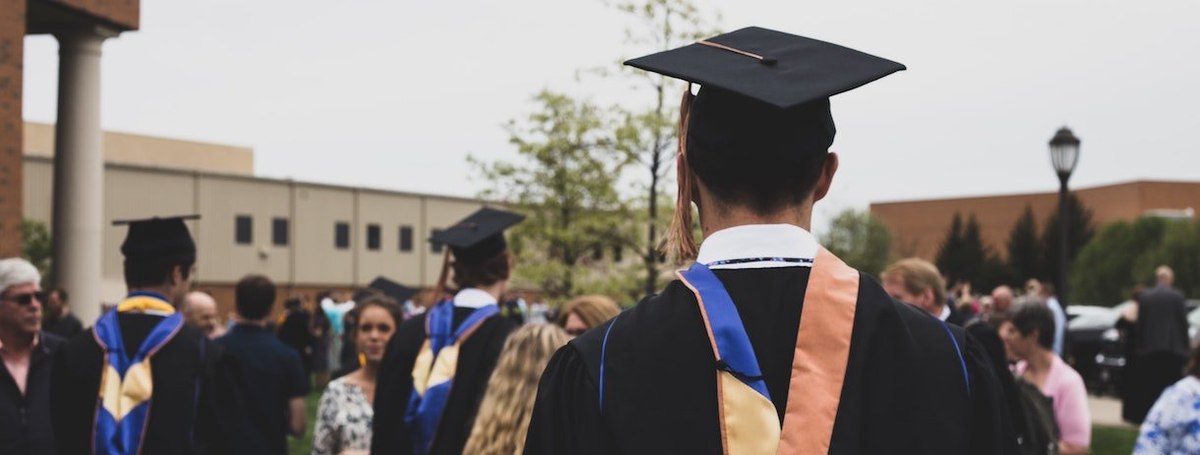The latest Economist/YouGov poll finds that a majority of Americans support canceling up to $10,000 in student-loan debt, a proposal President Biden has recently floated. Support for this measure remains consistent regardless of whether it comes with a means testing component — that is, a stipulation that borrowers must earn less than $100,000 in order to be eligible for forgiveness.
Most Americans – even those who have no personal experience with student loans – see student-loan debt as a serious problem in the U.S. Two in three (67%) say it is a somewhat or very serious problem, while only about one in five (21%) say it is a minor problem or not a problem at all.
How do Americans feel about measures aimed at forgiving some or all student debt? The answer may depend on their personal experience with the matter. We experimented with different wording when asking Americans about their support for the federal government forgiving up to $10,000 in student loans: Half of respondents were asked about their support for canceling up to $10,000 for all borrowers who owe at least that much, while the other half were asked about a means-tested version of this proposal, which would only apply to people earning below $100,000. We find similar patterns overall, and a similar political divide, for both questions.
Half of Americans (51%) somewhat or strongly support the federal government canceling $10,000 in federal student-loan debt for each borrower who owes at least that much; 39% somewhat or strongly oppose. Support is much higher – 76% – among people who currently have student loans, but slightly lower among people who already paid off their student loans (48%) or never had any to begin with (44%).
Support for forgiving up to $10,000 in student debt also differs by party: Democrats largely support it, by 70% to 19%, while only 28% of Republicans support it and 62% oppose it About half of Independents (51%) support the measure, while 38% oppose it.
Support is similar among Americans when asked a means-tested version of the question, which involved limiting debt forgiveness to households earning below $100,000. Half (51%) say they support this, while 38% are opposed. People who currently have student loans are more likely to support this (65%) than are people who previously had debt (49%) and people who never had debt (48%). Limiting who is eligible for debt forgiveness is also a partisan issue: While three in four Democrats support the idea, only one in three Republicans do.
Americans were also asked about Public Service Loan Forgiveness, an existing government program designed to encourage people to enter service-oriented occupations, such as teaching, nursing, and the military. To qualify, borrowers must have already made 10 years’ worth of loan payments and be employed in certain areas including schools, the government, or non-profits. More than half of Americans (56%) say they support this program, while 31% say they oppose it. As with other proposals aimed at reducing student debt, people who currently have a student loan (71%) are more likely to support this measure compared to people who only previously had one (54%) and people who never had one (52%). Democrats largely support this program (76% to 13%), while just 36% of Republicans support it and 51% oppose it. More Independents support than oppose the measure (52% to 31%).
— Taylor Orth and Carl Bialik contributed to this article.
This poll was conducted on July 9 - 11, 2022 among 1,500 U.S. adult citizens. Explore more on the methodology and data for this Economist/YouGov poll.
Image: Charles DeLoye onUnsplash










